Millions of people download free images from Unsplash, Pixabay, and Pexels every day. They use these photos for websites, social media, ads, and blogs. Everything seems simple. The platforms say the images are free to use for any purpose, even commercial projects.
But there is a big problem that most people do not see. Using these images can lead to legal trouble, and you might have to pay thousands in copyright fines.
Many users assume free stock photos are safe. But the truth is different. Anyone can upload images to these platforms, even ones they do not own. Some pictures feature people, brands, or landmarks that require legal permission. The platforms do not check for these issues.
If the real owner files a complaint, you are the one who pays, not the website. New tracking technology makes it easier than ever for photographers and companies to catch image misuse, and they are demanding money from users.
Why Millions Use Free Image Platforms Without Knowing the Risks?
People trust these platforms because they say the images are free for any use. The terms of service sound simple, and users believe they are protected. But free image platforms work differently than paid stock photo websites.
They do not verify who owns the images, and they take no responsibility if you get sued for using them. Many users do not realize they could face legal trouble until it is too late.
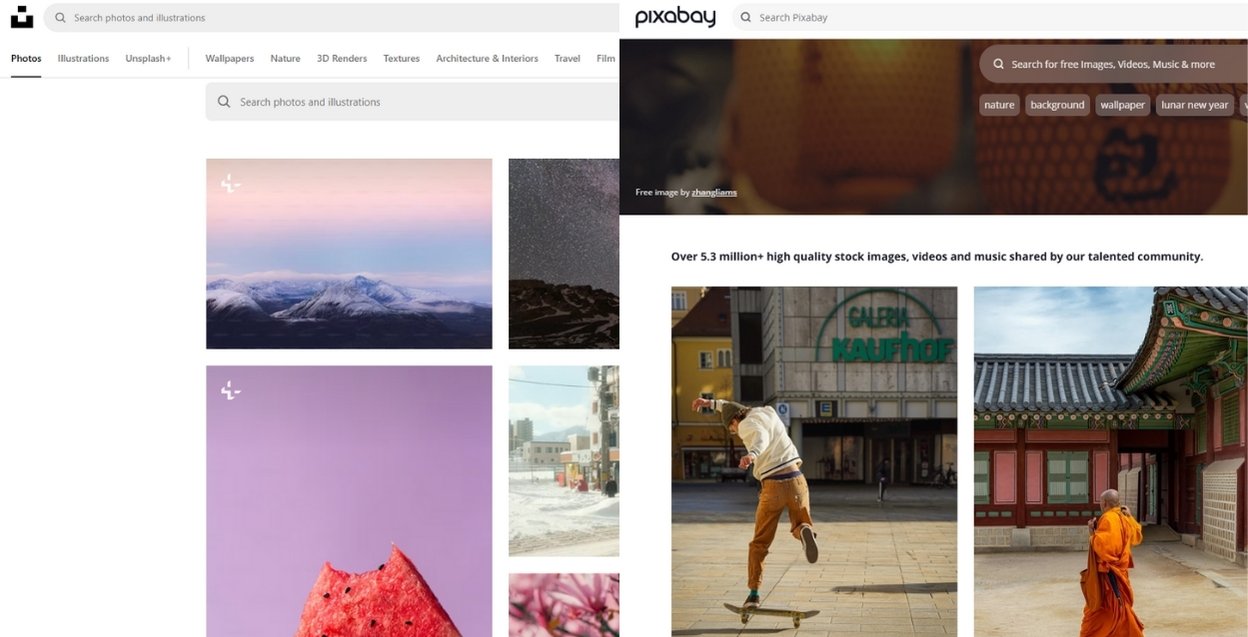
And that can become a serious issue when you are working on a project for a client that requires high-quality images.
Why Free Stock Photos Are So Popular
Free image websites attract millions of users because they offer high-quality pictures without any cost. The process is simple—search for an image, download it, and use it anywhere. No sign-ups, no payments, just free images ready to go.
Businesses, bloggers, and content creators rely on these platforms to avoid spending money on stock photos. They trust the promise that these images can be used for anything, even commercial projects. It all sounds too good to be true, and in many cases, it is.
The False Sense of Security
People assume that if a website allows free downloads, the images must be safe to use. Millions of others are using them, so it must be legal, right? That is the mistake that gets people into trouble.
Most never read the terms of service, where free image platforms clearly say they take no legal responsibility. If a copyright issue comes up, the user—not the website—faces the consequences. Many have learned this the hard way, receiving copyright infringement letters that demand thousands of dollars in fines.
How Free Stock Photos Can Lead to Expensive Legal Trouble?
People use free stock images without thinking about the legal risks. They assume that since the platform says the images are free, everything is fine. But the truth is that using free images can result in serious legal problems. Many businesses and content creators have received copyright infringement letters demanding thousands of dollars.
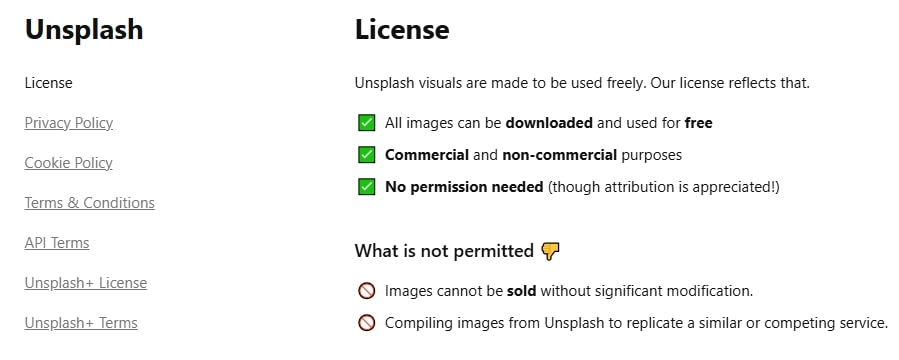
Copyright owners now use advanced tracking technology to find unauthorized use of their images. Lawyers and agencies look for people using copyrighted content without permission. If you get caught, you might have to pay thousands in fines. The worst part? The free image website will not help you because they never took responsibility in the first place.
How Copyright Infringement Claims Work
- A photographer or copyright owner finds their image being used without permission.
- They send a copyright infringement notice demanding payment, often between $1,000 and $10,000.
- If the user does not pay, the case can go to court, leading to even higher legal costs.
- Many businesses and individuals end up paying the fine to avoid expensive legal battles.
Why Free Image Websites Do Not Protect You
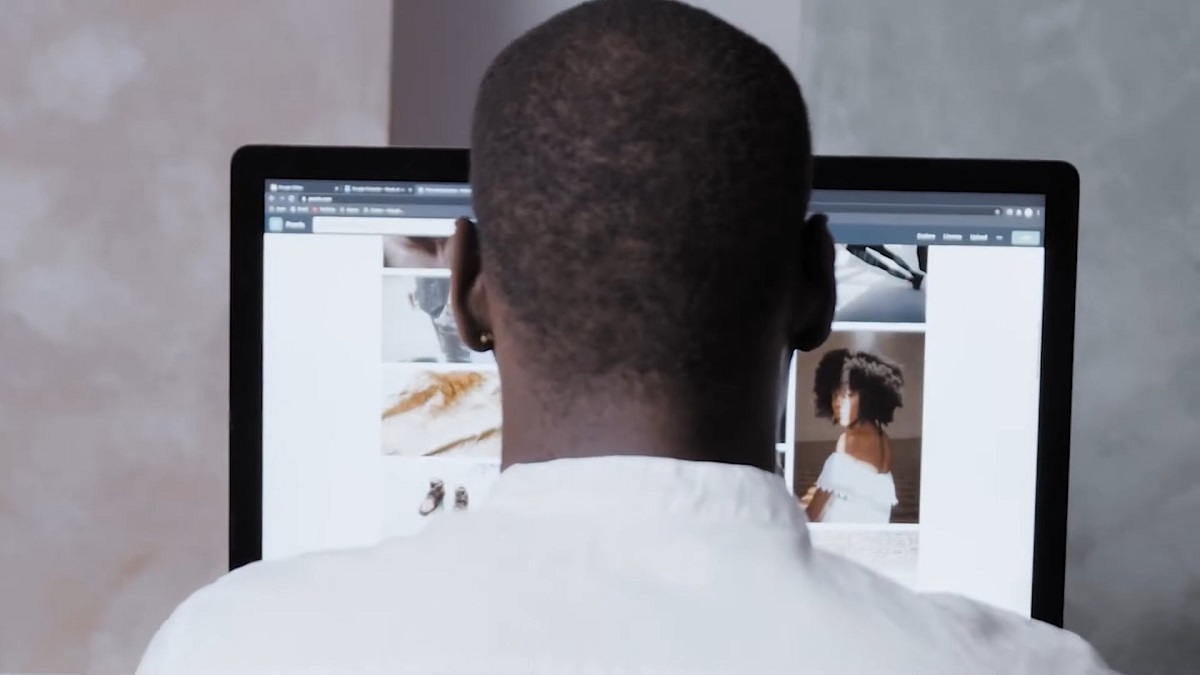
Free image platforms make it seem like you can use their photos without any worries, but that is not the truth. They do not guarantee that the images are legally safe. If there is a copyright issue, you are the one who has to deal with it, not them.
Anyone can upload photos to these platforms, even if they do not own them. There is no system in place to verify if an image belongs to the person who uploaded it. The websites make it clear in their terms of service that they take no responsibility for copyright problems.
If you use a copyrighted image by mistake, you are the one who gets the legal notice, not the platform. Many people only realize this when they receive a demand for thousands of dollars in fines.
Three Major Risks You Face When Using Free Images
People think free images are safe, but they come with serious risks. Many assume that once they download an image, they can use it however they want.
But free image platforms do not guarantee that the pictures are legally safe. Many users end up in trouble because they do not understand the hidden dangers.
There are three big risks when using free stock photos. Anyone can upload images, which means the person who added the photo may not even own it. Many pictures contain people, landmarks, or logos, and the required legal permissions might not exist.
New tracking technology makes it easier than ever for photographers and companies to find unauthorized use and send legal threats.
Anyone Can Upload Photos Without Proof of Ownership
Free image websites do not check if a user actually owns the photo they upload. Anyone can take an image from the internet and add it to these platforms, even if they have no legal rights to it. This creates a huge risk for users who download and use these photos, thinking they are safe.
If you use an image that was illegally uploaded, you could be held responsible. It does not matter if you had no idea—it is still a copyright violation. Saying “I didn’t know” will not protect you in court. Many people have been forced to pay expensive fines because they unknowingly used stolen images from free stock photo websites.
People in the Images Did Not Approve Their Use
Many free stock photos show people, but that does not mean they agreed to have their image used. In most cases, there is no signed model release form, which gives them the legal right to demand the photo be removed—or even take legal action.
This becomes a serious problem for businesses that use these images in ads, websites, or social media. If a person in the photo did not give permission, they can file a lawsuit. The same risk applies to images with famous landmarks or brand logos, which may also be protected by copyright or trademark laws. Using these photos without proper permission can lead to expensive legal trouble.
Tracking Technology Now Catches Copyright Violations Faster
- AI-powered tools can scan the internet and find where images are used.
- Photographers and copyright agencies use these tools to detect unauthorized image use.
- When caught, users often receive copyright infringement claims demanding thousands in fines.
- More cases are being filed every year as tracking technology improves.
Why Free Image Websites Take No Responsibility for Your Legal Issues
People trust free image platforms, thinking they are legally protected. But if something goes wrong, the website takes no responsibility. Their terms of service make it clear that they do not guarantee the safety of their images. If you get sued, you are on your own.
These platforms attract users by saying images are free for commercial and personal use. But hidden in the fine print, they say they are not liable for any copyright claims.
If you receive a legal notice, the website will not help you, and the photographer or company that owns the image has every right to demand payment.
How Free Image Platforms Avoid Legal Responsibility
Free image websites make their terms sound simple, but they carefully avoid taking any legal responsibility. They do not verify who owns the images, and they do not check if the people, brands, or landmarks in the photos have given permission. Even though they provide the images, they make sure that all responsibility falls on the user.
If you get a legal complaint for using a copyrighted image, the platform will not help you. They will not pay for your fines or offer any legal support. Their terms of service make it clear that they take no responsibility. That means if you download an image that later causes legal trouble, you are the one who has to deal with it.
Why “Free” Does Not Mean “Safe”
Free image platforms make it easy to download photos, but that does not mean they are legally safe to use. The risk of a copyright fine is real, and those fines can reach thousands of dollars. Many businesses have unknowingly used copyrighted images in their marketing, only to receive expensive legal demands later.
Paid stock photo websites offer real legal protection. They verify ownership, ensure proper permissions, and provide clear licensing terms. Free image platforms do not offer any of that. Choosing a free image might save money at first, but if you get caught in a copyright dispute, the cost will be much higher.
How Popular Platforms Like Mailchimp and Wix Make the Problem Worse
Many businesses think they are safe when they use images directly inside platforms like Mailchimp, Wix, and Squarespace. These services offer built-in image libraries, making it easy to find and add photos.
But what most users do not know is that these images often come from free stock platforms like Unsplash, Pixabay, and Pexels. That means the same risks apply.
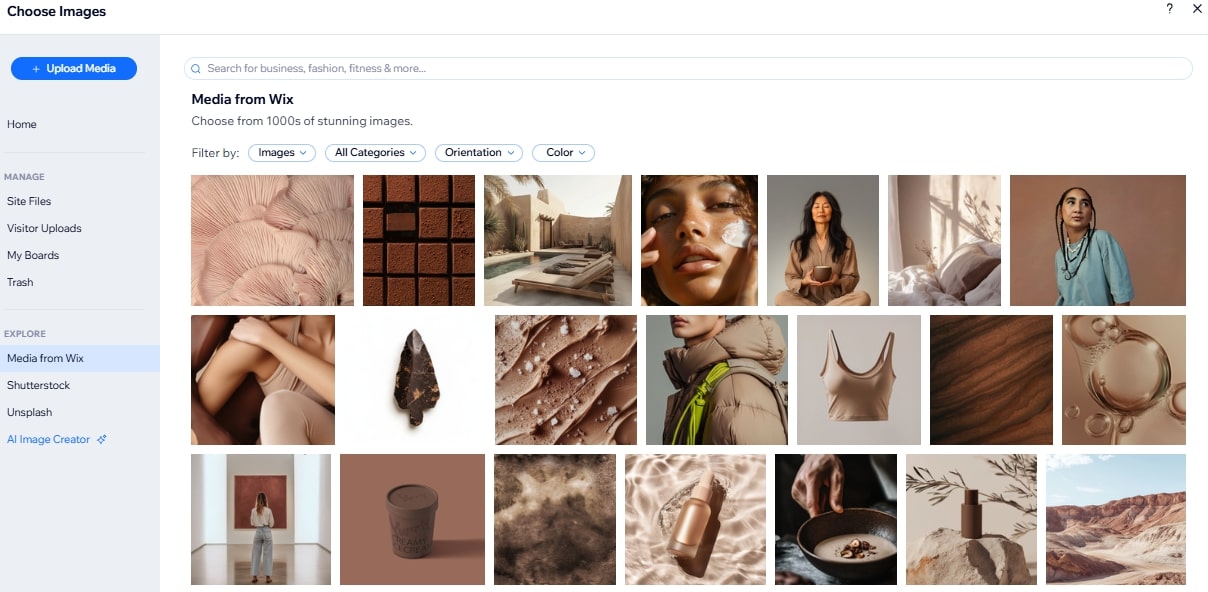
People assume that if a big company offers images, they must be safe. But Mailchimp, Wix, and similar platforms do not own the images. They simply integrate third-party libraries. If a copyright issue arises, the user is responsible, not the platform.
Many businesses have received legal complaints because they unknowingly used copyrighted images through these services.
Why Built-In Image Libraries Are Risky
- Many website builders and marketing tools use free stock image APIs.
- Images still come with the same copyright risks as direct downloads.
- Users falsely believe that platform-provided images are legally safe.
- If a claim is filed, the company using the image—not the platform—faces the consequences.
How to Check If a Platform Uses Free Image Libraries?
To check if a platform relies on free image sources, look for credits or mentions of Unsplash, Pexels, or Pixabay. If images are available for free but there are no clear licensing details, be cautious. Always read the terms of service to see if the platform takes responsibility for image rights.
If they do not, you are still at risk. When in doubt, avoid using built-in stock photos and choose legally safe alternatives instead.
Three Ways to Avoid Costly Copyright Fines
Using free stock images might seem like an easy solution, but the risks are not worth it. Copyright fines can be expensive, and legal battles are stressful. Fortunately, there are simple steps you can take to avoid these problems.
1. Stop Using Free Image Platforms
Free image websites may seem like a great option, but they come with too many risks. Even if you try to be careful by avoiding images with people, logos, or landmarks, there is still no guarantee that the photo is legally safe. Many images are uploaded without proper rights, and you will not know until it is too late.
The only way to fully protect yourself is to stop using free image platforms entirely. Copyright fines can cost thousands, and free stock websites take no responsibility for legal issues. It is not worth the risk. Choosing safer alternatives, like paid stock photo sites or creating your own images, is the best way to avoid legal trouble.
2. Use Paid Stock Photo Sites with Legal Protection
Paid stock photo platforms verify image ownership and provide legal protection. Unlike free image websites, they verify image ownership and ensure that all necessary permissions are in place. Many also provide legal protection, so if an issue ever comes up, you are covered.
Well-known platforms like Shutterstock, Getty Images, and Pond5 offer legally safe images for personal and commercial use. While they require payment, the cost is small compared to the thousands you could lose in a copyright fine.
3. Create Your Own Photos for Full Control
Taking your own photos is the best way to avoid legal issues. When you create original images, you own the rights, and no one can claim copyright over them. There is no risk of receiving infringement notices or expensive fines.
If you need high-quality images but do not have the skills or equipment, hiring a professional photographer can be a smart investment. Platforms like Fiverr, Upwork, and Flytographer make it easy to find affordable photographers for custom images.
Best Platforms to Find Safe and Legal Stock Photos
Many paid stock image websites offer high-quality pictures without legal risks. Some are more affordable than others, but all of them ensure you do not face copyright fines.
Affordable Paid Stock Image Platforms
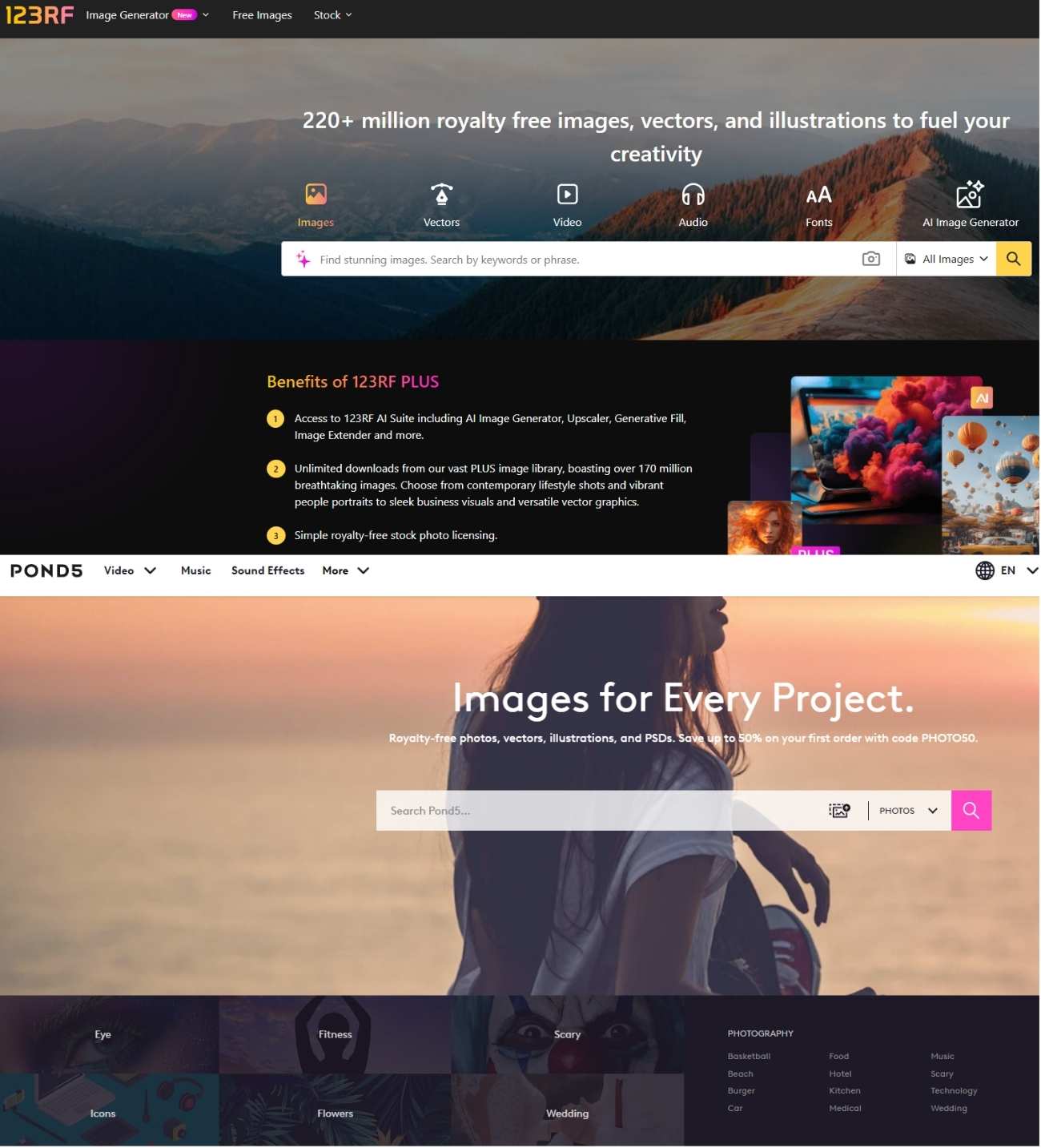
- 123RF – Budget-friendly with a large selection of images.
- Pond5 – A great option for both images and videos.
Premium Stock Image Platforms
- Shutterstock – One of the most well-known stock image providers.
- Getty Images – High-quality photos, but more expensive than other options.
- Adobe Stock – Ideal for businesses needing images for creative projects.
Hiring Professional Photographers
- Fiverr – Freelance photographers for budget-friendly projects.
- Upwork – Professional photographers available for custom shoots.
- Flytographer – On-demand photographers for unique content.
Last Words
Free image platforms seem like an easy solution, but they come with hidden risks. Many people use them without realizing they could face copyright fines. These websites do not verify image ownership, and if you get caught, you are the one who has to pay.

